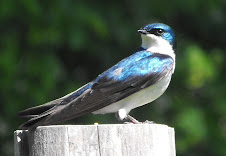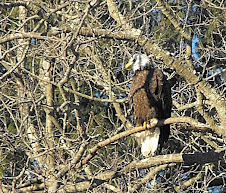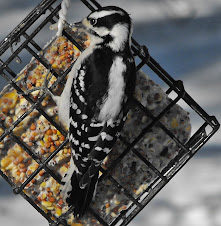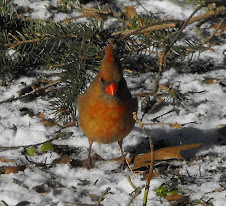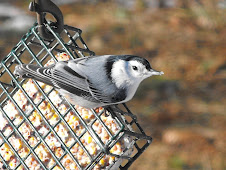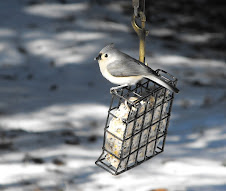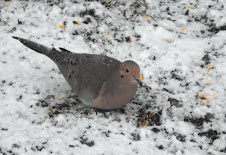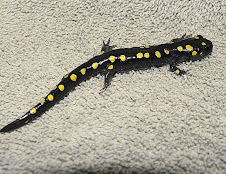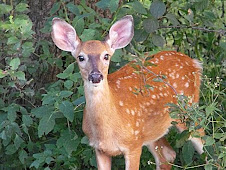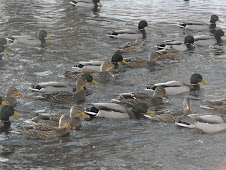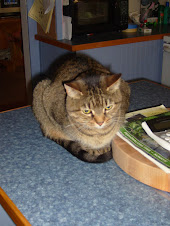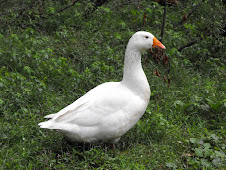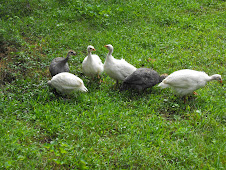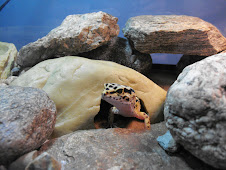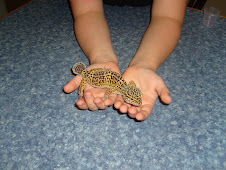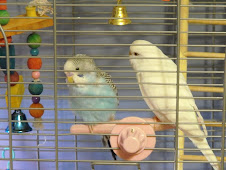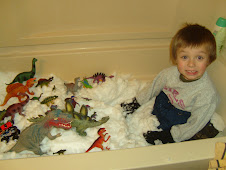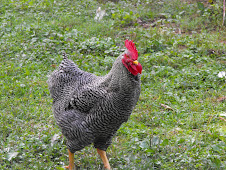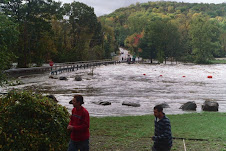
We have a large population of leopard Frogs, and to help them thrive we have adopted a policy we call "Frog Islands". When cutting the field we try to leave several large uncut patches. This provides a micro habitat that provides a moist cool environment for the frogs and the insects they feed on. Birds and snakes also benefit from this practice, feeding on the large number of frogs,grasshoppers and other insects that are attracted to these small grass islands.
Sometimes I can't help thinking;
After 30 something years, I still wait for the day that I will utilize a skill I learned in high school biology.
To be honest, I do not know what I learned while dissecting frogs in high school, but after many years, I do remember what a frog pickled in formaldehyde smells like.
I wonder if dissecting frogs in high school ever influenced a students career choice? I could understand if your goal from a early age was to become a frog surgeon.
I have read that the numbers could be as high as 6 million frogs a year are used in classrooms. So lets look at that number, and to be conservative, take half that number, 3 million. If a frog can lay between 500 and 1000 eggs a year, lets take the number 500.
If each year 3 million frogs are taken from the wild and pickled for the classroom, and 3 million frogs do no produce eggs, we could potentially lose
1,800 000 000 frogs each year.(1 billion 800 million).
Leopard frogs are very sensitive to air and water pollutants and are considered a valuable ecosystem indicator. It is said that the decline of frogs increases the use of pesticides, and if you figure a frog eats many hundreds, if not thousands of insects each year, and we take 1,800.000.000 frogs out of the wild, and multiply that by the thousands of insects not eaten by frogs, "Forget it, I can't count that high." And don't forget all the critters that feed on frogs, the entire food chain is put in peril.
Connecticut is about to pass a law allowing students choice concerning the dissection of animals.
H.B. No. 5423
AN ACT CONCERNING DISSECTION CHOICE.
To allow students to opt out of classroom experiments or dissections on animals upon raising a conscientious objection.
"HURRAY FOR THE FROG"

 Like many other youngsters, It is the Common Garter Snake that I first chased and handled. It was this species of snake Tommy and Jordan first encountered outdoors. I think almost anyone who spends time outdoors has encountered and can recognise the Common Garter Snake.
Like many other youngsters, It is the Common Garter Snake that I first chased and handled. It was this species of snake Tommy and Jordan first encountered outdoors. I think almost anyone who spends time outdoors has encountered and can recognise the Common Garter Snake. 

























